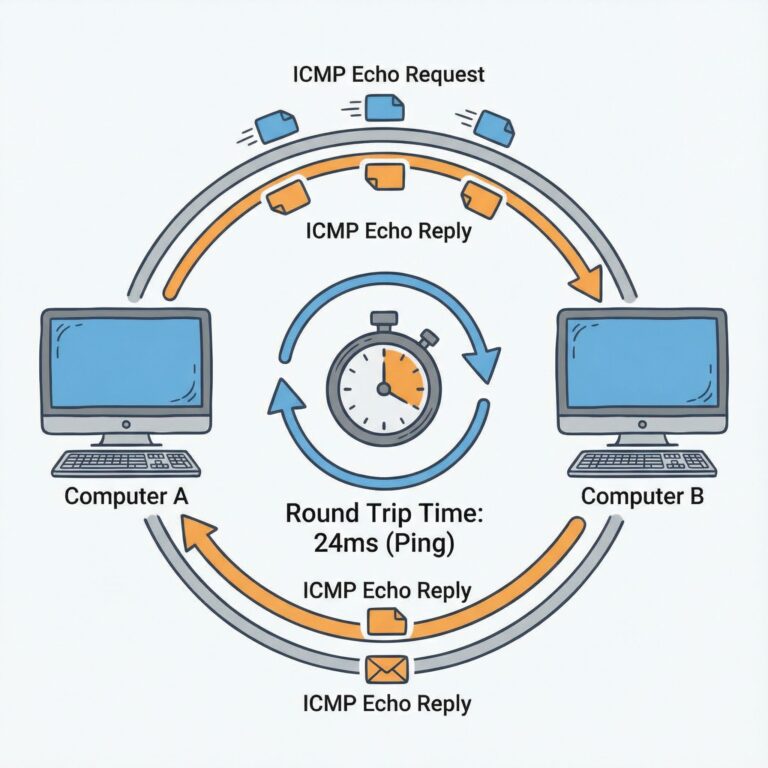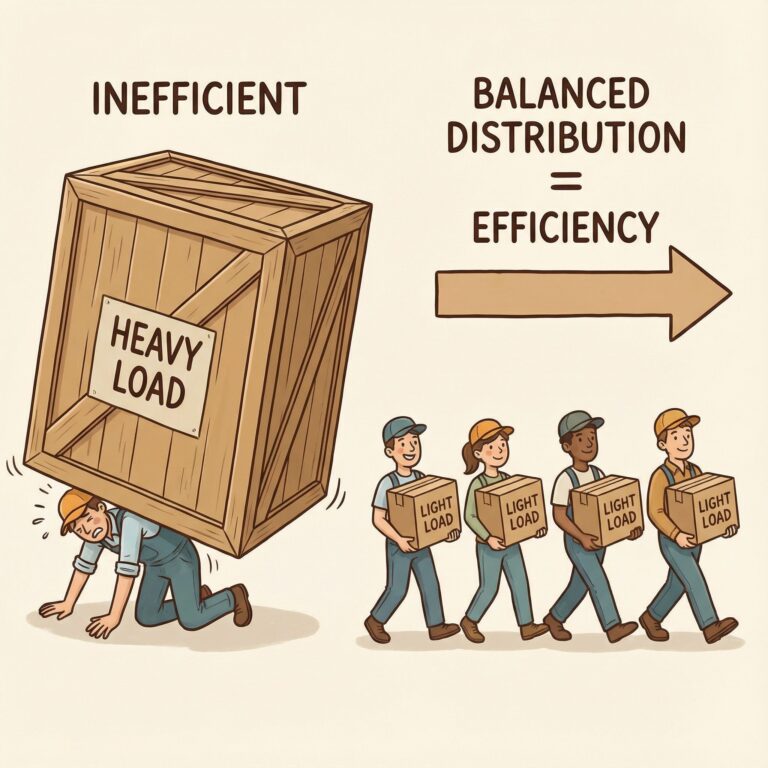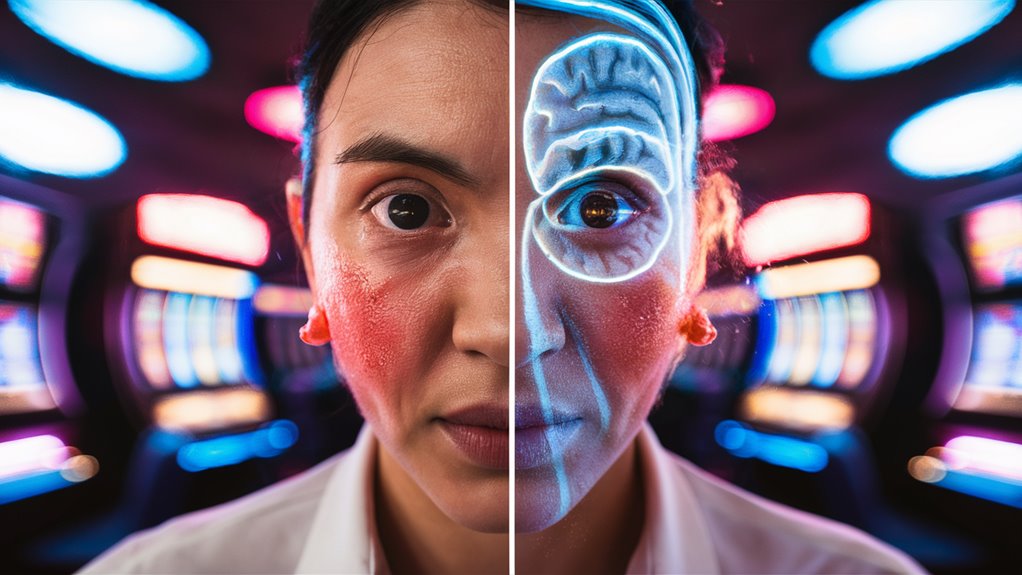
How Winning at Gambling Changes Your Brain
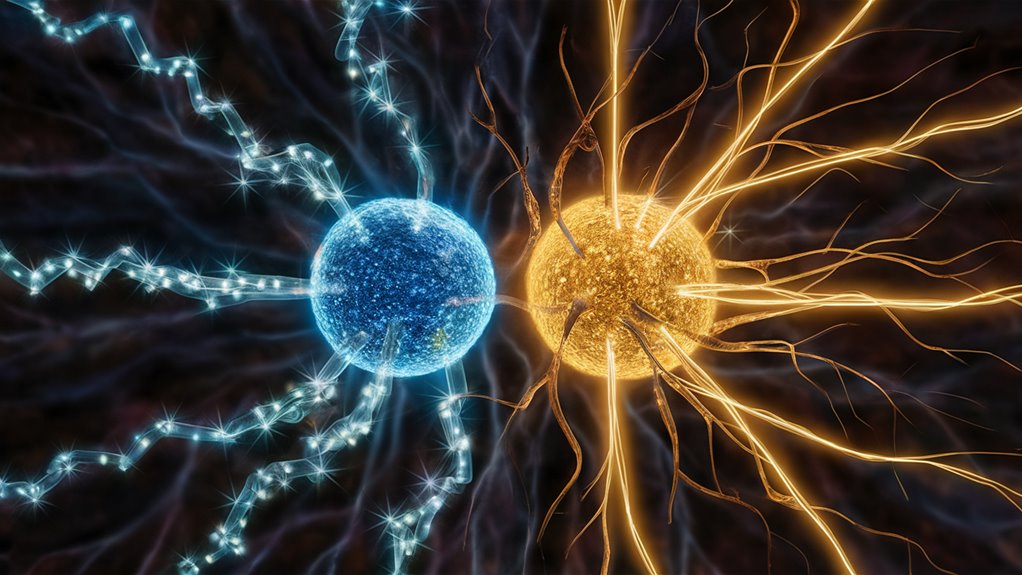
When you win at gambling, your brain releases a lot more of a happy chemical called dopamine—up to 200% more than other fun stuff. This big jump in dopamine changes how your brain works and how you act.
Dopamine and Brain Paths
Your brain lights up with happiness chemicals when you win. Another part thinks about what the win means, and it feels great. 먹튀검증
Almost Wins and Their Effects
When you almost win, your brain gets a big dopamine rush to keep you playing, hoping for a win soon. This can make you want to gamble more later.
How Your Brain Changes
The rush of dopamine from winning at gambling makes lasting changes in your brain, affecting your choices and how you see rewards. Knowing this helps you make better choices about gambling and understanding the risks.
How Your Brain Loves Rewards
The Parts of Your Brain That Love Happy Moments
Your brain’s happy zone gets active when you feel joy, like from gambling, eating, or other fun activities. Different parts of your brain light up, releasing dopamine and making you feel good.
Thinking About Rewards and Getting Hooked
Your brain has a unique way of handling wins or near wins. Unexpected wins make your brain even happier than if you knew it was coming. This can make gambling addictive.
What Makes It Work
- Main Happy Center: Handles the rush from wins.
- Dopamine Making Spot: Keeps the dopamine flowing.
- Feelings Center: Makes you feel the excitement.
- Guessing Game: Deals with surprises in rewards.
- Cycle Maker: Turns these feelings into habits.
Gaming and Dopamine
Why Games Pull Us Back
The Science Behind Gaming Thrills
Gaming shoots your dopamine levels up, just like gambling does. Your brain lights up not just when you win but also when you think you might win, creating a loop that keeps you playing.
Patterns in Brain Response
This rush gets especially high during near wins and unexpected wins, making games with these features very appealing.
The Long-Term Effects
Games shape your brain over time. The more you play, the better your brain gets at recalling how to win, making certain behaviors stick.
Dopamine and Gaming: Essentials
- Waiting for rewards
- Changing win patterns
- The rush from near wins
- Wins make the brain light up
- Building memory for winning habits
Understanding Near Wins in Gambling
What Happens in Your Brain When You Almost Win
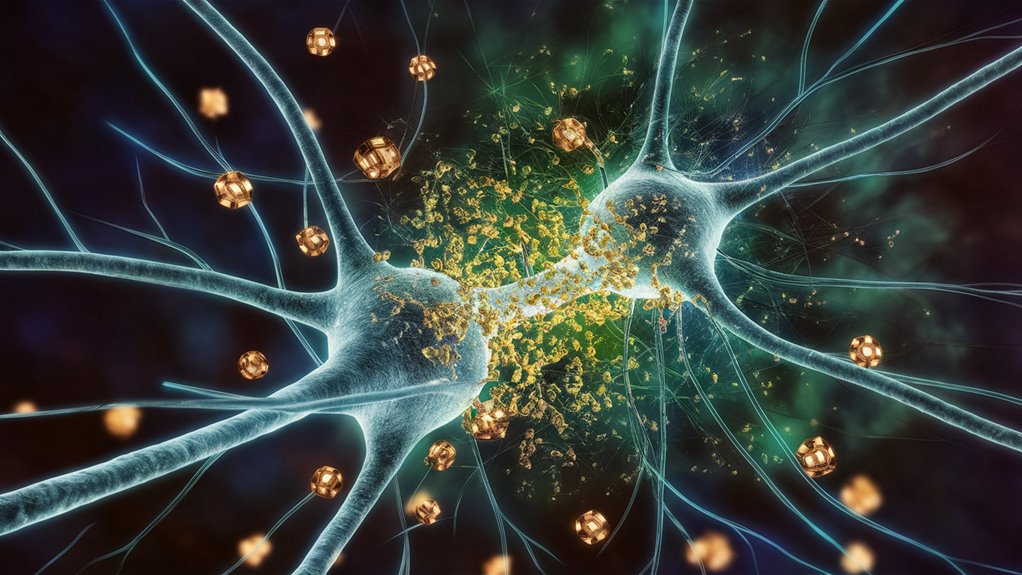
The Brain Science Behind It
Near wins in gambling light up your brain just like a real win, pushing you to keep playing. These moments boost parts of your brain, tricking it into feeling like you’ve won a bit.
Seeing Inside the Brain
Brain scans show that near wins can boost your gambling drive, especially if you gamble a lot. They show lots of activity in the emotional parts of your brain during these moments.
How Near Wins Keep You Playing
Near wins push you to play more than just losing outright. They mess with your brain’s reward system, extending your play time.
The Brain’s Tricks
- Dopamine surges like you’ve won
- Brain areas lighting up during near wins
- Your brain feeling good even when you lose
- More feelings during these close calls
Digital Games and Your Brain Paths
How Video Games Hook You
The Brain Effects of Digital Play
Digital games change your brain differently from traditional gambling. They use cool tech and effects to make your brain light up often, making you want to play more.
Seeing the Brain Light Up
Scans show that digital and traditional games light up the same brain areas, but digital games do it more because of their tricks and timing.
Making It Personal
Digital games can change as you play, making wins feel more personal and hooking you even more. This can really change your brain, making some behaviors more likely to stick.
What’s Going On
- Controlling dopamine
- Lighting up reward paths
- Making behaviors stick
- Changing brain connections
- Shaping how your brain grows
Breaking the Habit
Stopping the Gambling Cycle
The Brain Science of Quitting Gambling
Getting hooked on gambling is all about how your brain handles dopamine. Gambling too much can mess up your brain’s happy system, making you need more and more to feel good.
How to Fix It
Working with Your Brain
You can train your brain to want less by slowly changing how you gamble, helping your brain get used to less over time.
Changing What You Do
Doing different fun things can help break the gambling loop by using the same brain paths in better ways:
- Working out releases natural happy chemicals
- Getting creative gives you a sense of achievement
- Learning new skills shows visible progress
Staying on Track
Knowing Your Triggers
Understanding what makes you want to gamble is key to stopping. Building good habits and having friends who support you can make a big difference.
Help from Others
Strong support can really help you quit. This includes:
- Talking to a pro
- Joining groups with the same goals
- Family helping out
- Finding new ways to have fun
Recovery and Brain Growth
Healing Your Brain from Gambling
How Your Brain Can Heal
Your brain can really change and heal from gambling, which can take about 6-18 months.
Training Your Brain for Better Choices
Over time, your brain learns to handle triggers better, helping you make better choices naturally. New pathways form as you do healthy activities, helping your brain heal.
Proof It Works
Brain scans show clearer thinking and less craving when you stick to good practices like meditation and therapy. What You Need to Know About Online Poker Tournaments
Making It Last
Sticking to good activities and therapy helps your brain make new connections for lasting change.
- Sticking to a routine
- Using smart therapy tools
- Building new ways to feel good
- Leaving old habits behind
Knowing how your brain changes can help you make smarter choices, leading to lasting recovery and better behavior through strong science-backed methods.
